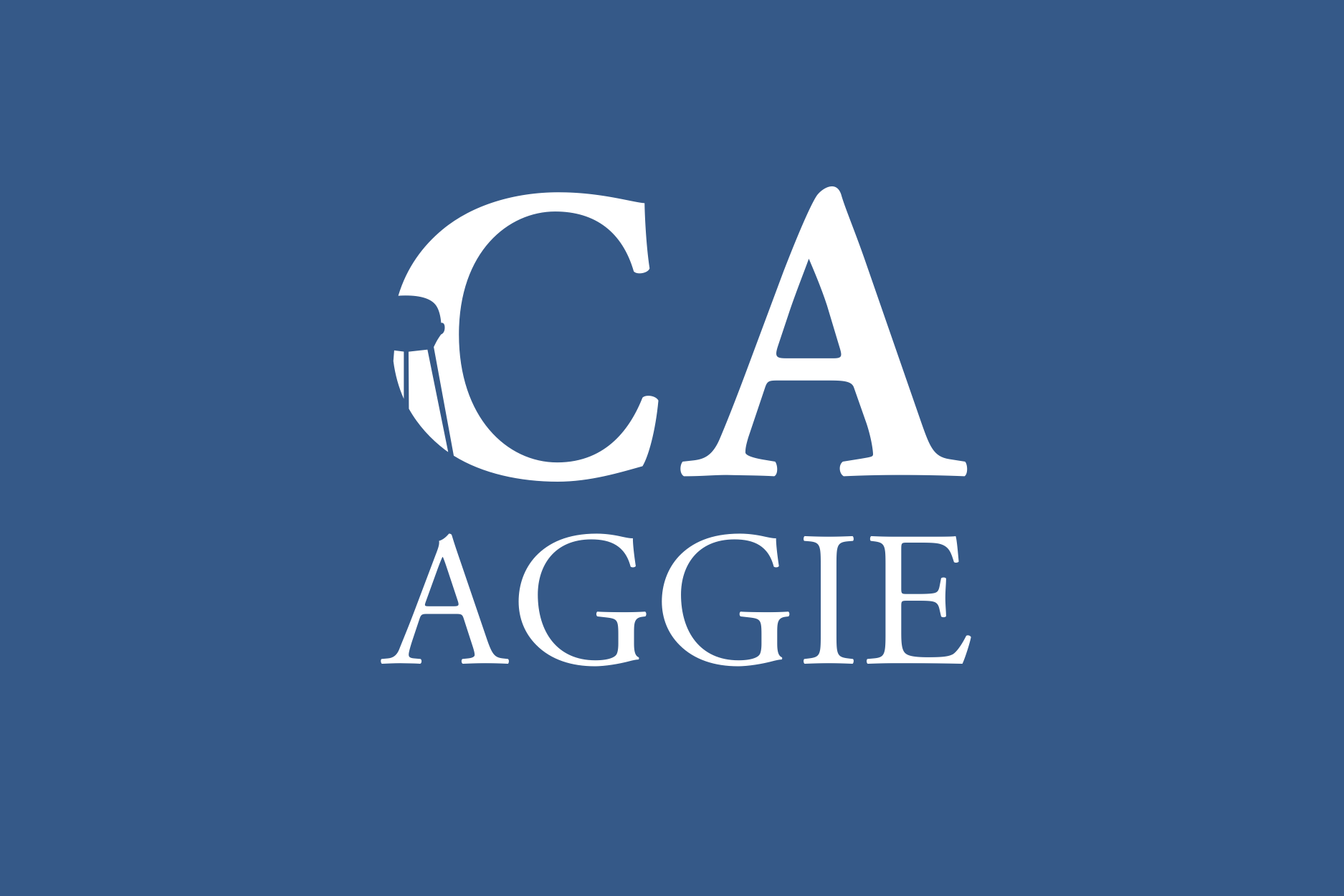
 Announcing our new journalistic ethics policy
Announcing our new journalistic ethics policy
At The California Aggie, we have a long-standing tradition of quality reporting on issues that matter to the student community, as well as a well-earned reputation for thoughtful opinion pieces that present many sides to important local, state and national issues. The last thing we would want is to be accused of bias or mistaken as “fake news.”
This is why we at The Aggie are announcing a new journalistic ethics policy. From now on, all of our employees will no longer report on any topics that they know anything about in order to avoid, and with any luck, forever eliminate any form of bias from our wonderful newspaper.
At the start of each quarter, all writers will be forced to sign documents pledging to remove themselves from the production of any story about which they have even rudimentary levels of knowledge or understanding. Disciplinary, and potentially legal actions, will be taken against any reporters who fail to internally disclose their knowledge on given subject areas. In every week’s issue, we will publicly disclose all times that serious incidents like these happen, but of course we hope that this won’t be a regular occurence.
It’s a well-known fact that when you learn more about any given topic, you develop a better ability to relay information about it to others. Since basically any and all forms of communication are bound to be biased in some way, we wouldn’t want our reporters to develop and exercise the expertise that allows them to pass any of this information on to you, our loyal readers. That would reflect the bias of wanting you to be more informed about the issues on which we are reporting. This would just be impossible to defend if and when we get accused of being fake news, because any time we are reporting on one story, that means we could be biased against the stories that we are not investigating further. By ensuring that none of our reporters pursue stories on which they could bring background knowledge, “relevant” sources, an angle or any direction whatsoever, we can hopefully prevent our own ideas and areas of curiosity from rubbing off on you.
Fake news is dangerous, and the scariest thing is that all news could be fake news. Any piece of reporting can spontaneously become fake depending on whether or not the reader likes or dislikes the story.
This has been proven time and time again when outlets like the CNN (Clinton News Network), the failing New York Times or the Amazon Washington Post publish major scoops on corruption and abuses within the Trump Administration, only for President Trump to brilliantly declare the stories to be fake or label the writers as “enemies of the people.”
If you feel like any of our articles are informing you or making you think about a topic in a new way, don’t hesitate to reach out and we will take immediate, decisive action to correct the error.
Written by: Benjamin Porter— bbporter@ucdavis.edu
(This article is humor and/or satire, and its content is purely fictional. The story and the names of “sources” are fictionalized.)



